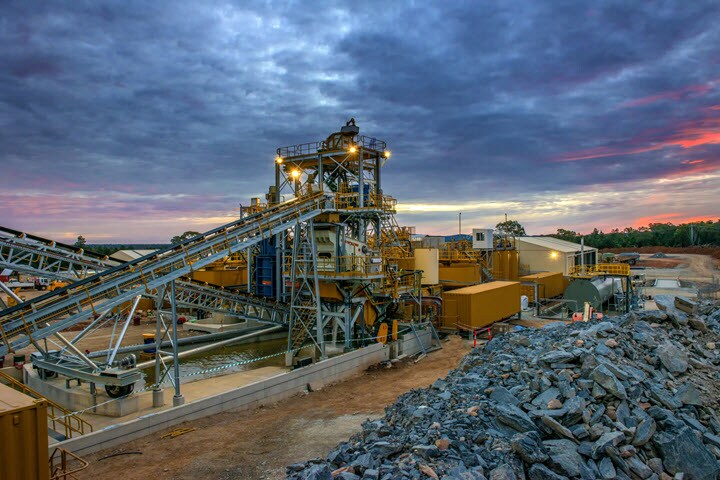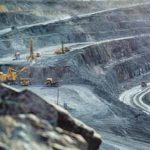Deep mining, a method employed to extract valuable resources from beneath the Earth's surface, has revolutionized various industries. However, this practice is not without its drawbacks. In this blog post, we will delve into the negative effects of deep mining, exploring its environmental, social, and economic implications. By shedding light on these consequences, we aim to raise awareness and encourage sustainable mining practices.
- Environmental Degradation:
Deep mining operations can have severe environmental impacts, including:
a. Habitat Destruction: Excavating vast areas for mining disrupts ecosystems, leading to the loss of biodiversity and endangering numerous species.
b. Soil and Water Contamination: Mining activities release harmful chemicals and heavy metals into the soil and water, polluting local ecosystems and posing risks to human health.
c. Deforestation: Clearing forests to make way for mining operations contributes to deforestation, exacerbating climate change and reducing carbon sequestration. - Ground Subsidence and Instability:
Deep mining often involves the extraction of resources from underground, which can lead to ground subsidence and instability. This phenomenon poses significant risks, such as:
a. Infrastructure Damage: Subsidence can cause structural damage to buildings, roads, and other infrastructure, compromising their integrity and safety.
b. Sinkholes: Mining activities can trigger the formation of sinkholes, which can swallow up large areas of land, endangering nearby communities and infrastructure. - Health and Safety Hazards:
Deep mining presents various health and safety hazards for workers and nearby communities, including:
a. Respiratory Diseases: Dust and toxic fumes released during mining operations can lead to respiratory ailments, such as pneumoconiosis and silicosis.
b. Accidents and Injuries: Working in hazardous conditions underground increases the risk of accidents, cave-ins, and equipment failures, potentially causing severe injuries or fatalities.
c. Noise and Vibration: Continuous noise and vibrations from mining activities can have detrimental effects on the physical and mental well-being of workers and nearby residents. - Economic Challenges:
While deep mining contributes to economic growth and resource extraction, it also presents certain economic challenges:
a. Resource Depletion: Extensive deep mining can deplete finite resources, leading to scarcity and increased costs in the long run.
b. Economic Dependence: Communities reliant on mining may face economic instability when resources are exhausted or market conditions change.
c. Lack of Diversification: Overreliance on mining can hinder the development of other industries, limiting economic diversification and resilience.
Conclusion:
Deep mining undoubtedly plays a crucial role in meeting the resource demands of various industries. However, it is essential to acknowledge and address the negative effects associated with this practice. By implementing sustainable mining techniques, investing in research and development, and prioritizing environmental and social responsibility, we can mitigate the detrimental consequences of deep mining and pave the way for a more sustainable future.



Average Rating